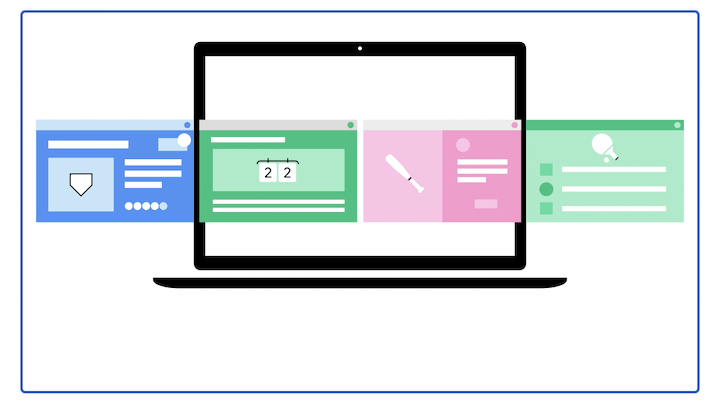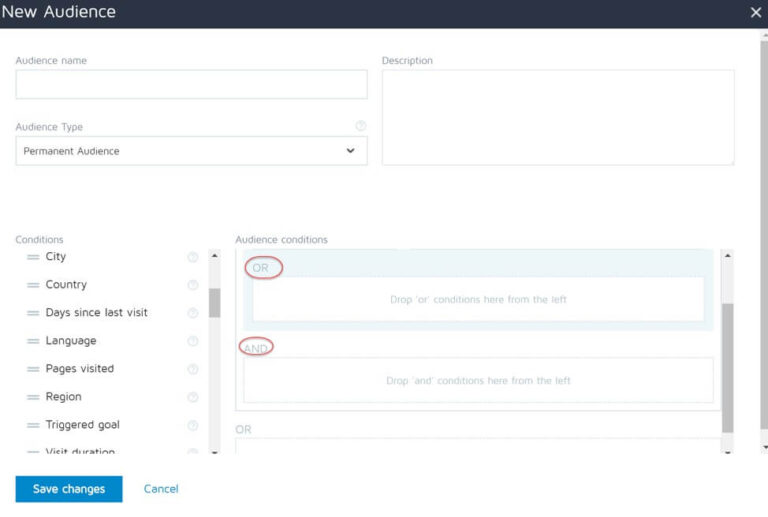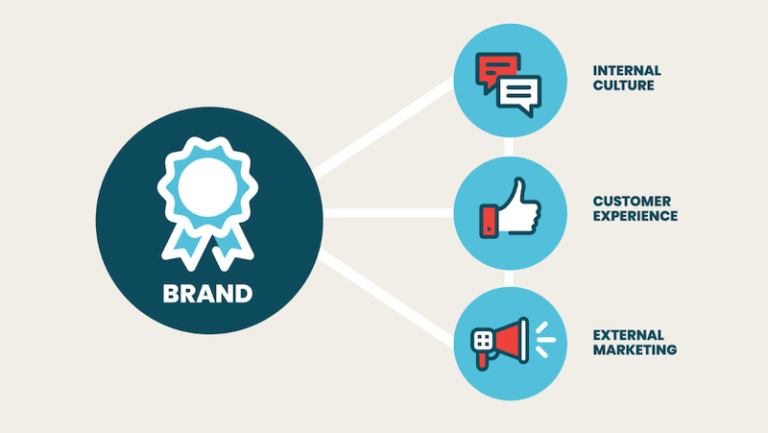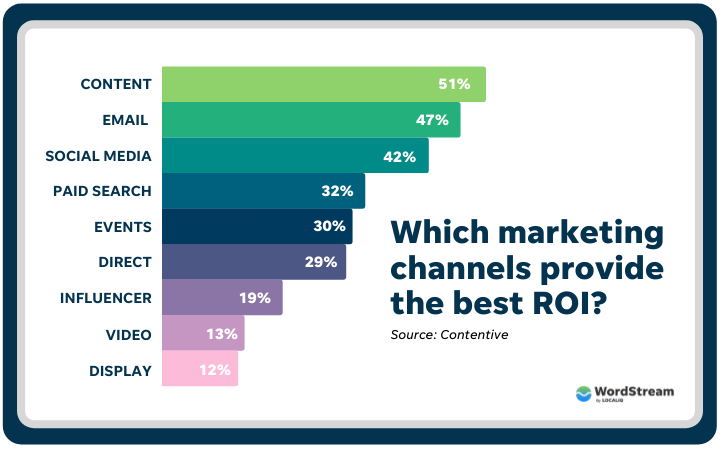FedEx will send the aggregated shipments to one of Happy Returns’ two regional processing hubs, which accept, sort, and process co-mingled returns.
Incisiv, a consulting firm, surveyed roughly 100 retailers and 2,500 U.S. consumers. The ensuing report, “2021 State of the Industry Report: Retail Returns,” published in conjunction with Newmine, a returns management firm, described the results. Fewer than half of the surveyed retailers track the financial impact of returns. Consultants and environmentalists are encouraging retailers to take a more assertive role because most returns are preventable. For instance, wrong sizing and colors along with generally poor quality are the main reasons for apparel returns.
For example, Happy Returns, a returns-management provider, announced last October an agreement with FedEx to offer Happy Returns’ service in more than 2,000 FedEx stores, quadrupling the number of Happy Returns’ locations. Online shoppers from Happy Returns’ retail partners can return products in person, without a box or label, for an immediate refund or exchange, at most FedEx locations.
The number of ecommerce packages that were returned in the U.S. in 2020 jumped 70 percent from 2019, according to Narvar, a logistics platform provider for retailers, representing approximately 2 billion worth of merchandise.
Returnless Returns
Fraudulent U.S. returns in 2020 were approximately 7.5 percent (.7 billion ) from online purchases and 6 percent (.3 billion) from all purchases, online and in-store.
The operational and financial problems this caused for web-only and omnichannel merchants motivated many to implement a returnless refund policy for certain items, allowing consumers to keep the item if the cost of a return was too high. While retailers promoted the policy heavily in January 2021 — when holiday returns are highest — returnless refunds remain in place for many larger sellers, including Amazon, Walmart, and Target.
Happy Returns’ service is now available in more than 2,000 FedEx stores.
This process is this. Shoppers initiate returns on the retailers’ or Happy Returns’ website, generating a QR code. Shoppers then bring the items plus the QR code to a FedEx office to complete the return. Using Happy Returns’ technology, FedEx aggregates items from multiple merchants into a single shipment, reducing the cost of the process for participating retailers and limiting the environmental impact.
Environmental Impact
Most merchants consider returns a cost of doing business. But the cost is increasing given the rise of free shipping for returns and the labor of restocking.
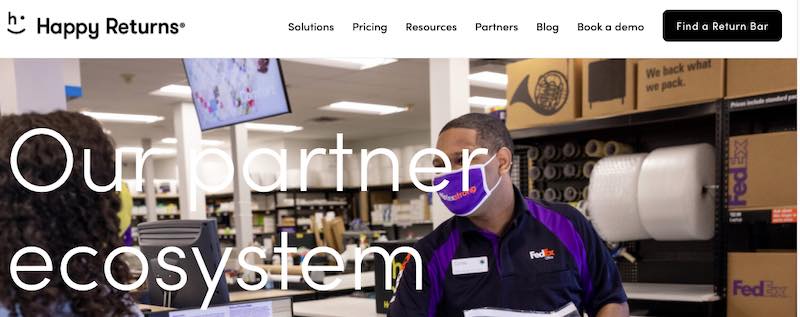
The pandemic sparked an increase in ecommerce sales, but it also generated a massive hike in product returns. According to U.S. Department of Commerce estimates, total ecommerce sales for 2020 were 8 billion, an increase of 32.4 percent from 2019.

Americans return about 3.5 billion products annually, and 5 billion pounds of returned goods find their way to U.S. landfills according to Optoro, which helps retailers process returns. This produces about 15 million metric tons of CO2, not including the air pollution from the trucks that pick up returns and deliver them to the retailer.
For inexpensive items or bulky ones, it is often cheaper to refund the purchase price and let customers keep the products. However, this causes fraudulent returns to balloon. Dishonest consumers could determine what products they are allowed to keep, pretend that they wish to return those items, and get a refund.
Thus a benefit of returnless refunds is that the process generates no CO2. But there are other ways of mitigating the impact. Omnichannel retailers can encourage consumers to buy online and return in-store. Other merchants could work with partners who offer return drop-offs at convenient locations, reducing cost and carbon emissions.


